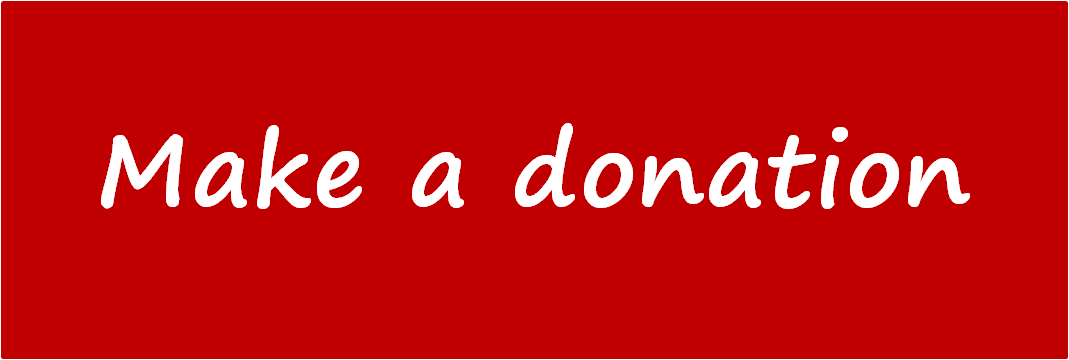Navajo Artist Creates Controversial Pro-Palestinian Mural on Santa Fe’s Eastside
“The artist, Remy, installed reproductions of gruesome photographs from newspapers on a wall in the city’s historic district. The historic preservation board has ruled that the works must be removed within two weeks. About five years ago, a set of posters appeared on an adobe wall on the corner of Old Pecos Trail and Camino Lejo — an intersection that sits at the gateway to Santa Fe’s famed Museum Hill and is situated on one of the city’s main arteries. The signs were put up by a local organization called Santa Feans for Justice in Palestine, and depicted pro-Palestinian slogans and images, including images of Palestinian children who were killed during Operation Protective Edge, a 2014 military campaign by Israel Defense Forces in Gaza.”
A “Jeopardy!” Contestant Asked, “What Is Palestine?” The Game Show Gave the Wrong Answer.
“The producers of the game show “Jeopardy” broadcast a rare, uncorrected error on Friday, when a contestant mistakenly said that the Church of the Nativity, the site in Bethlehem believed by Christians to be the birthplace of Jesus, was in Israel, but was awarded $200 for what millions of viewers were told was the right answer. Another contestant, Katie Needle, looked puzzled as the show then went to a commercial break. That’s because, moments earlier, Needle had offered the correct answer, “What is Palestine?” — putting her response in the form of a question in keeping with the show’s rules — only to be told that she was wrong, and had $200 deducted from her score.”
What does Israel really want?
“When representatives of the Zionist State of Israel are asked by the media regarding what it is that Israel ultimately wants, the answer inevitably is that all they want is peace. All they want is a place where Jews can live in peace. Any half reasonable person would have to validate that answer as a good and decent thing for anyone to want, let alone a people who had just recently suffered the horrors of the Holocaust. But while that may be the reality so far as what the Zionist State wishes for it’s (Jewish) citizens, it is the way that they are going about reaching this goal that is so offensive to any reasonably minded person. If we unpack Israel’s desire for peace we find that this goal contains three basic goals within it.”
Noam Chomsky: US Is a Rogue State and Suleimani’s Assassination Confirms It
“Trump’s decision to assassinate one of Iran’s most prominent and highly respected military leaders, Maj. Gen. Qassim Suleimani, has added yet another name to the list of people killed by the U.S. — which many rightly see as the world’s biggest rogue state. The assassination has escalated hostilities between Tehran and Washington and created an even more explosive situation in the politically volatile Middle East.”
Israel/OPT: ICC investigation into war crimes a ‘historic step towards justice’
“Today’s decision by the Prosecutor of the International Criminal Court is a historic step towards justice after decades of war crimes and other crimes under international law committed in the Occupied Palestinian Territories.”
Select by blog Category
Select by TAG
- 1948
- 1967 War
- 29 November
- 3 goals
- 3D printing
- 5 ways
- 60 dead children
- 70 years
- AFOPA
- AFOPA Media Report
- AFOPA statement
- ALP
- APAN
- Abbas
- Absentee Property Law
- Adalah
- Adelaide
- Ahed Tamimi
- Airbnb
- Al-Aqsa Mosque
- Alabnese
- Albanese
- Amazon
- Amnesty International
- Annexation
- Anti-Palestinianism
- Antisemitism
- Apartheid
- Arab academics
- Attacks
- Australia
- Australian Government
- BDS
- BDS Campaign
- Balfour Declaration
- Bassem Tamimi
- Bedouin
- Beersheba
- Beirut
- Benjamin Netanyahu
- Berlin4Palestine
- Bernard Regan
- Bethlehem
- Biden
- Birzeir University
- Breaking the Silence
- Britain
- COSATU
- COVID-!(
- Canada








